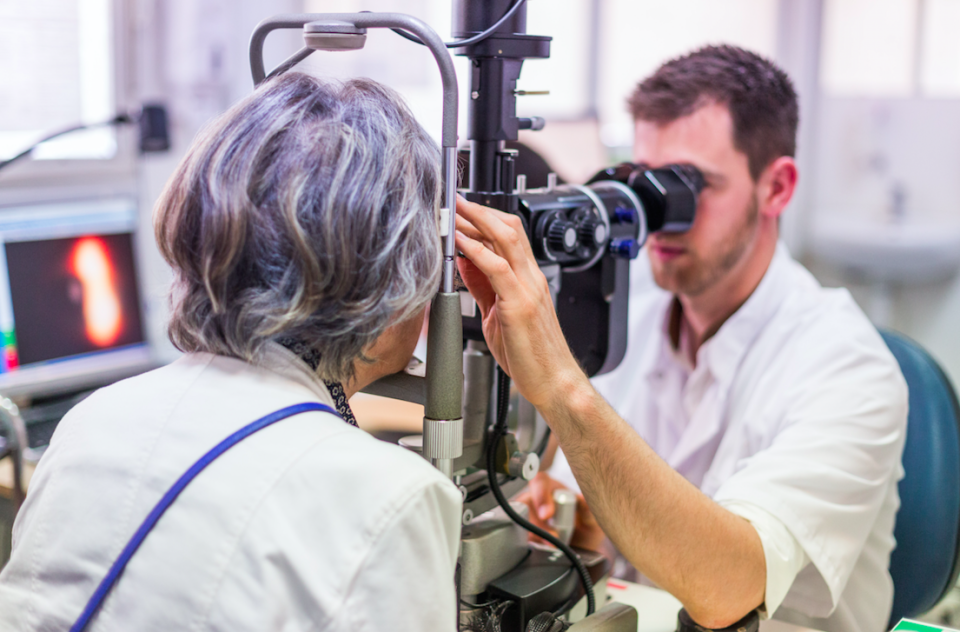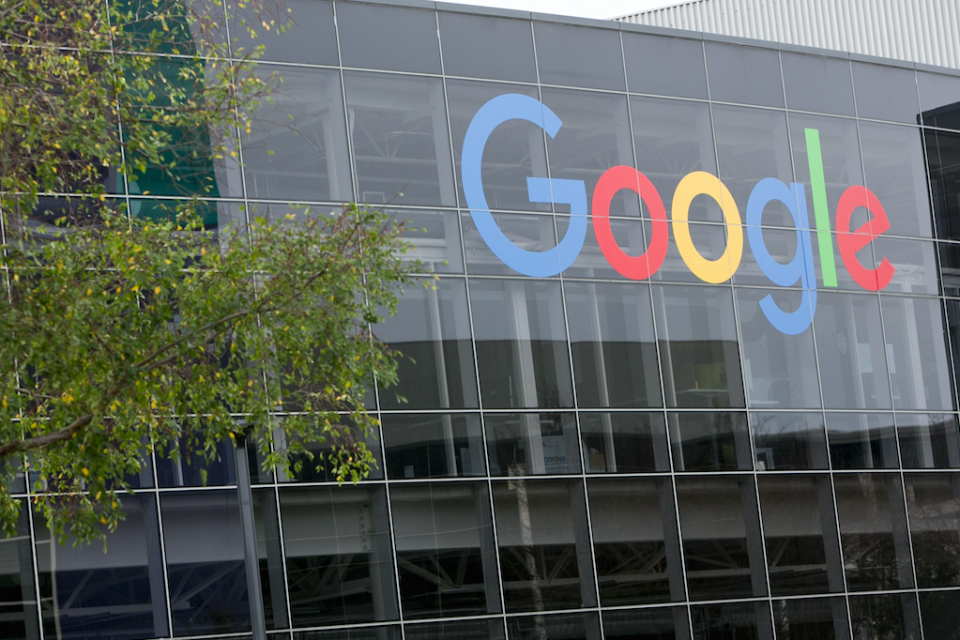Google develops AI that 'can diagnose eye disease faster than human doctors'

Google says it has made strides in training computers to diagnose eye disease, it has been reported.
The Financial Times said British company DeepMind Technologies, acquired by Google in 2014, has developed artificial intelligence that can diagnose disease from medical images.
The newspaper says it could be the “first significant application of AI in healthcare”.
DeepMind processed information from thousands of retinal scans in order to train an AI algorithm to detect signs of eye disease.

It says the algorithm can process the information much faster than a human doctor.
DeepMind has submitted its findings to a medical journal following “promising signs”, the FT reported.
The company has been working with the NHS and London’s Moorfields Eye Hospital to develop the technology.
MOST POPULAR TODAY ON YAHOO UK
Police chief makes u-turn on on pledge to punish every driver who goes 1mph over speed limit
Aldi recalls 38,000 bags of frozen veg after customer finds half a RAT inside one
Man stabbed on Oxford Street after ‘fighting back against moped muggers who stole his phone’
Billie Piper says she was ‘over-sexualised’ during early part of her career
It is thought clinical trials could begin within a few years using the AI.
Dominic King, clinical lead for DeepMind Health, told the Financial Times: “In specific areas like medical imaging, you can see we’re going to make really tremendous progress in the next couple of years with artificial intelligence.
“Machine learning could have a very important role picking up things more sensitively and specifically than currently happens.”

The algorithm has been trained using 3D retinal scans from Moorfields that were labelled for signs of disease by medical experts.
The AI is able to diagnose the scans for glaucoma, diabetic retinopathy and age-related macular degeneration.
Peng Tee Khaw, director of research and development at Moorfields, said: “I am optimistic that what we learn from this research will benefit people around the world and help put an end to avoidable sight loss. We hope to publish our findings in a peer reviewed journal within the next year.”

 Yahoo News
Yahoo News 

